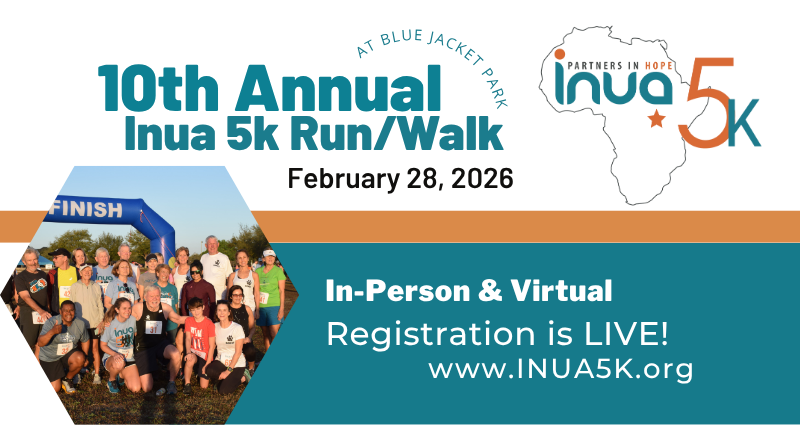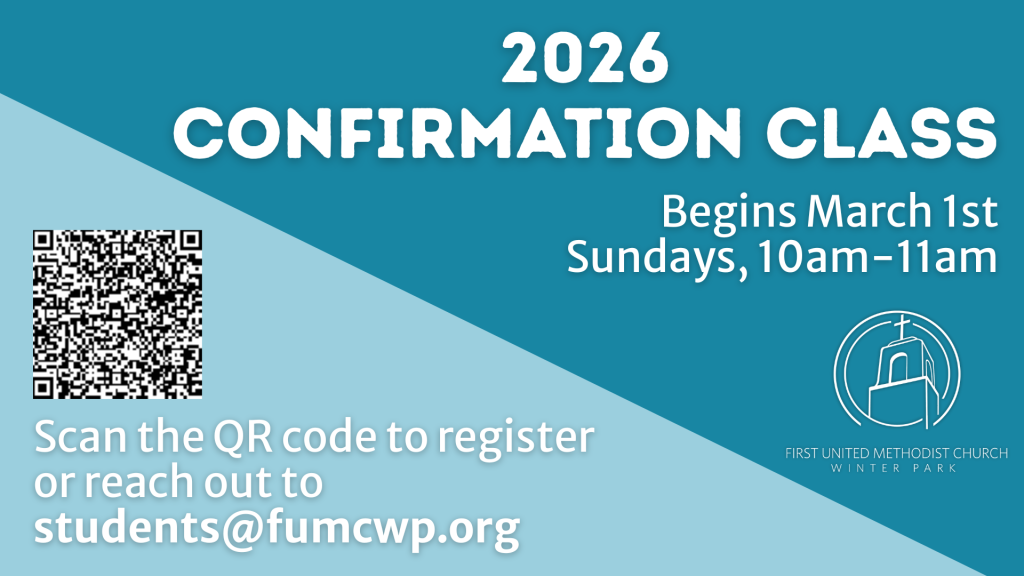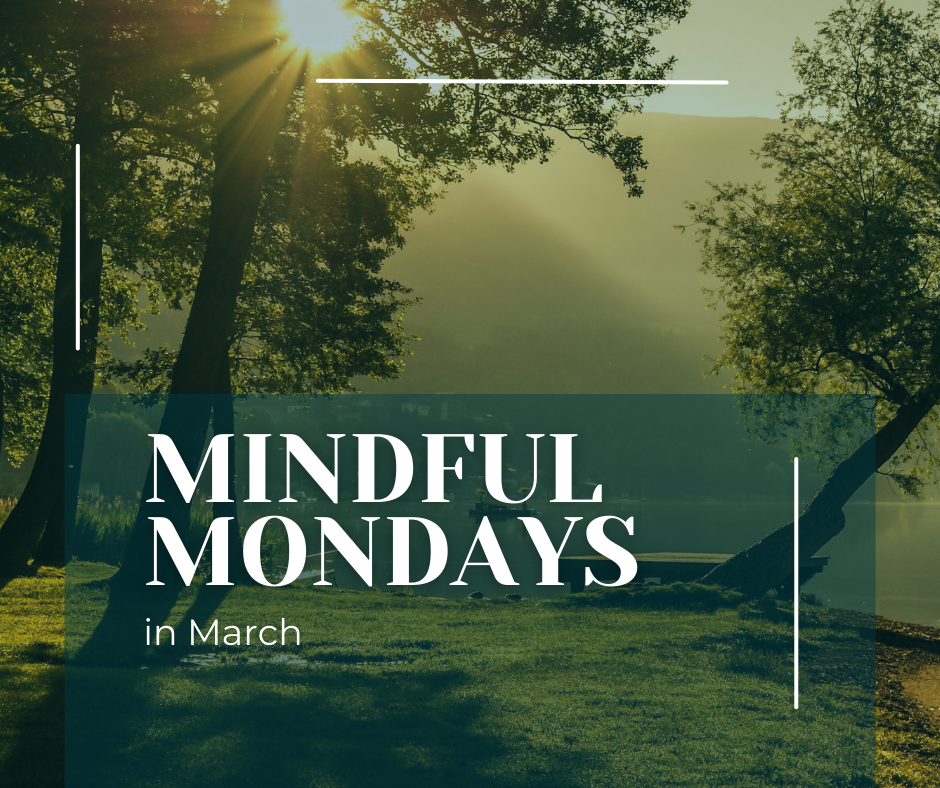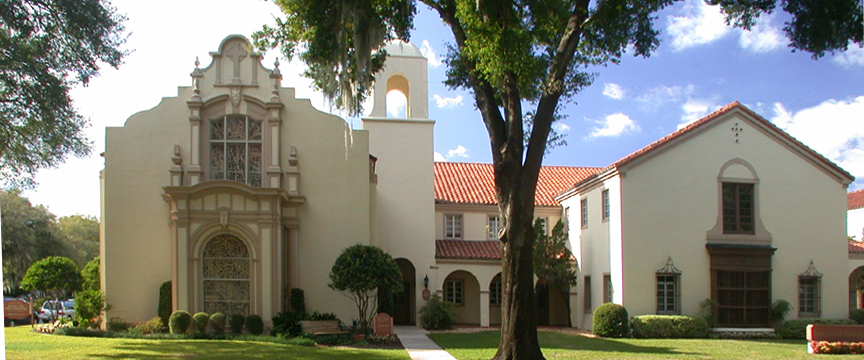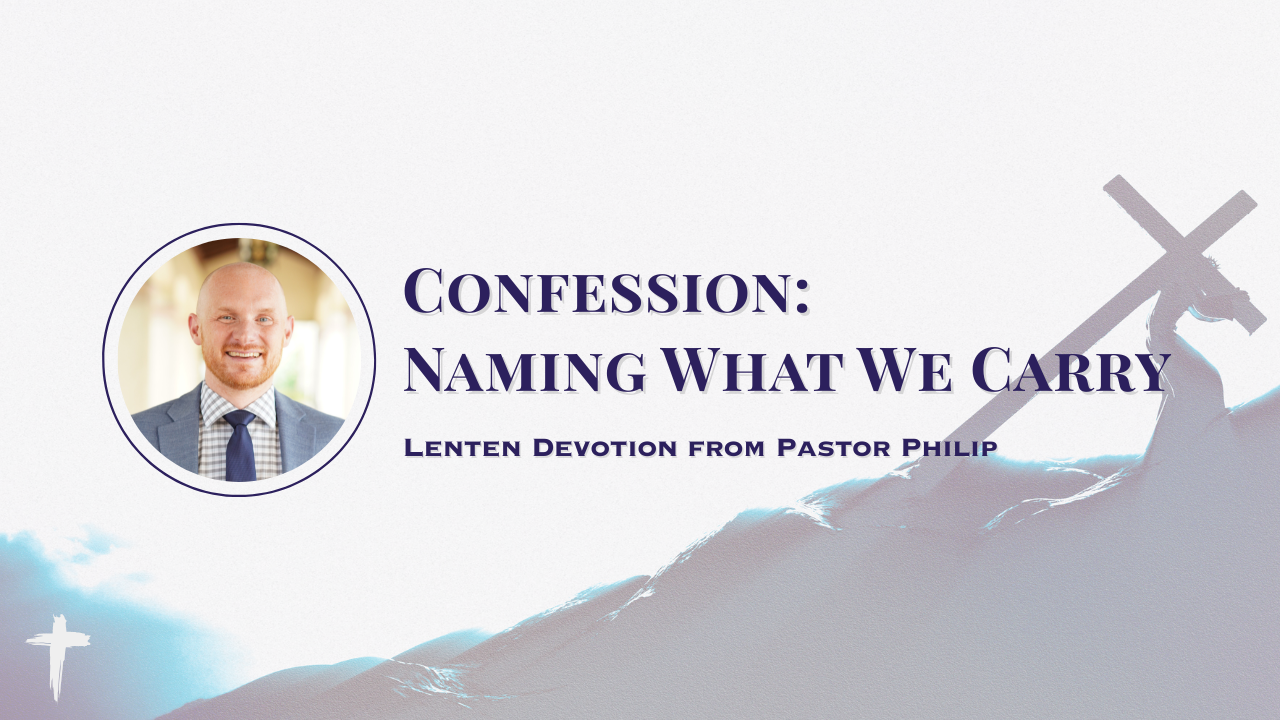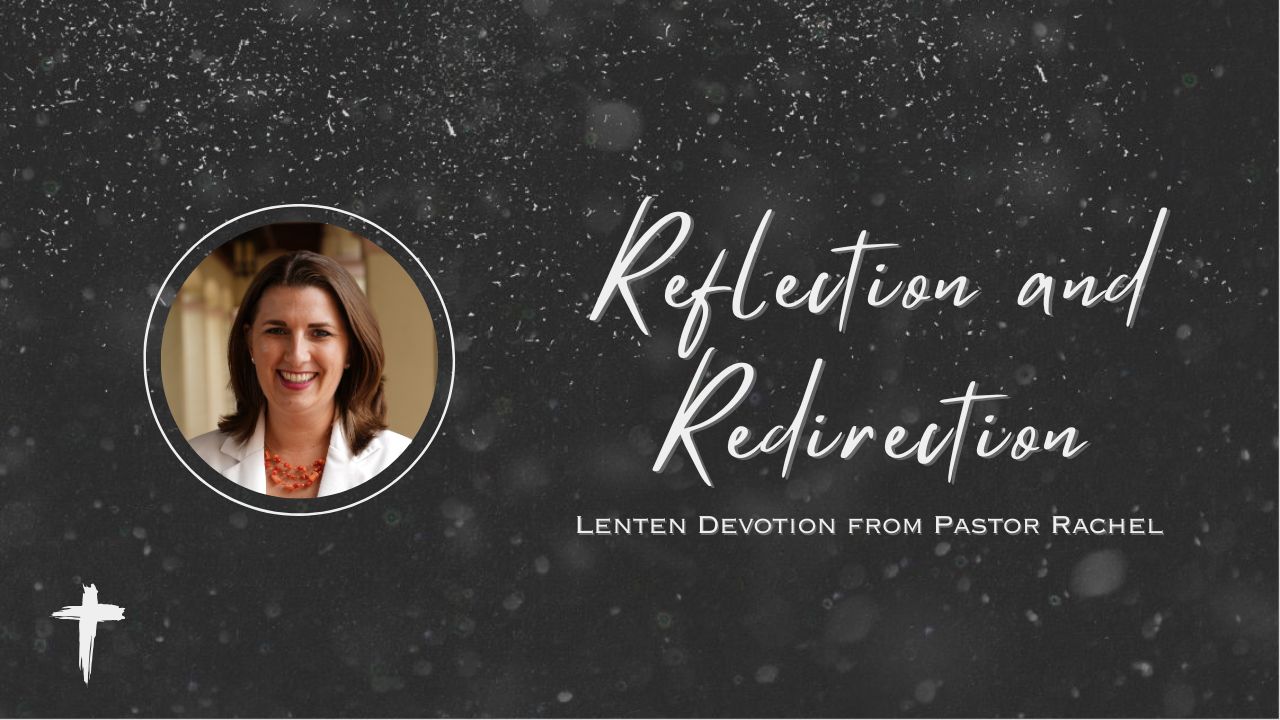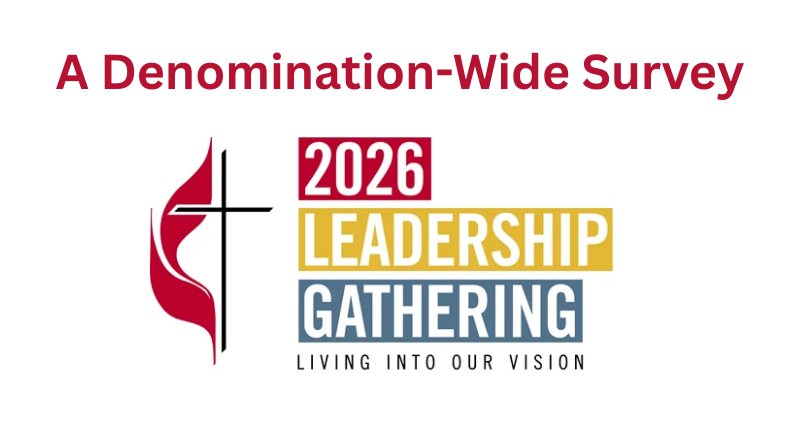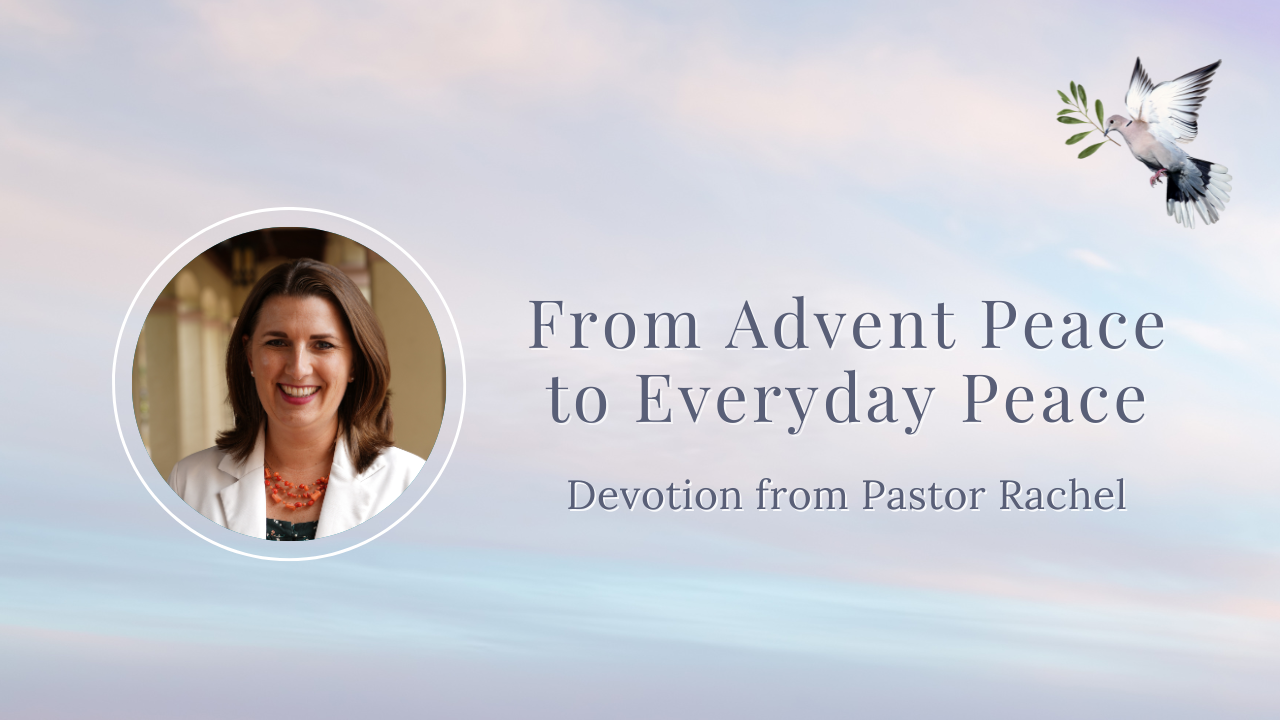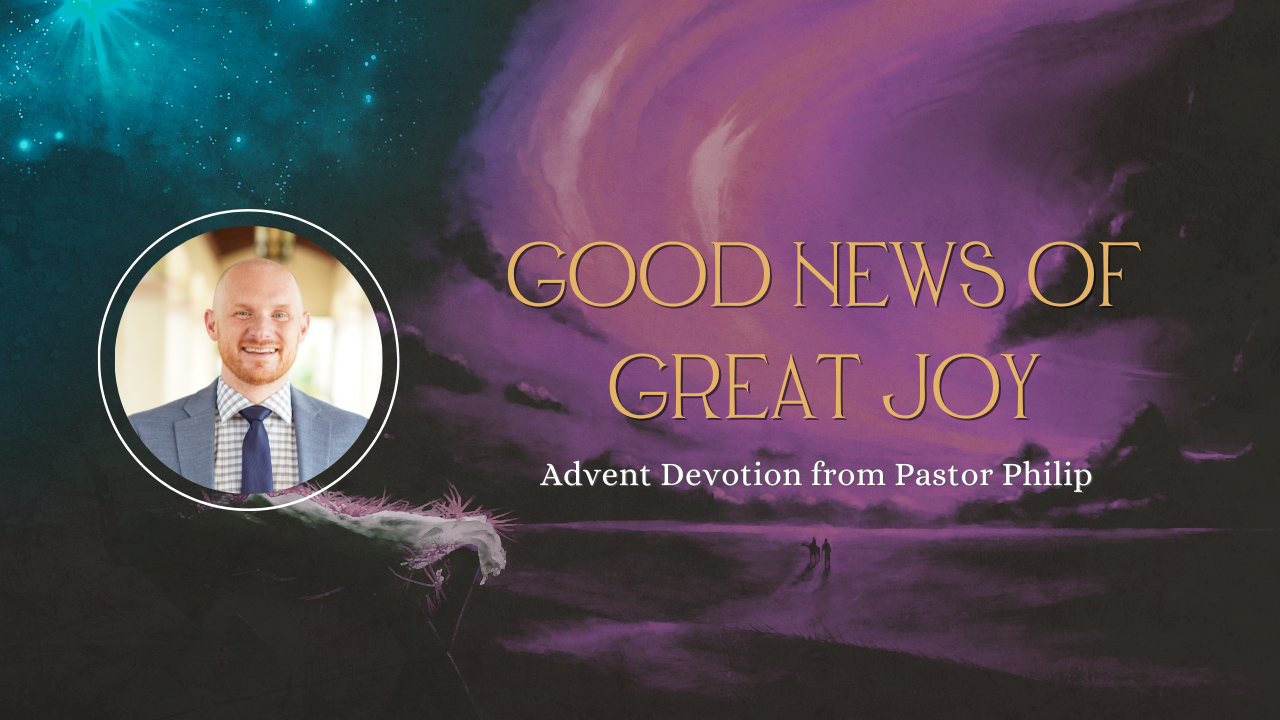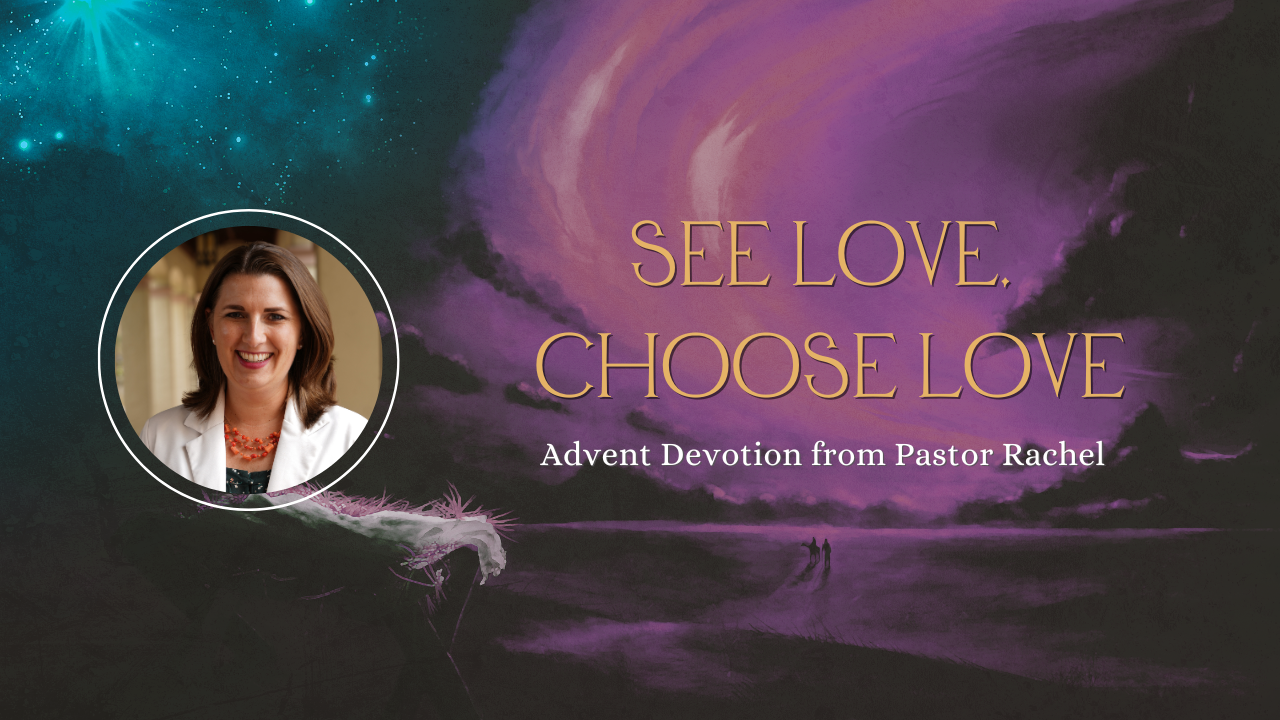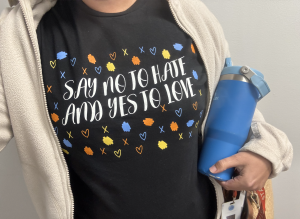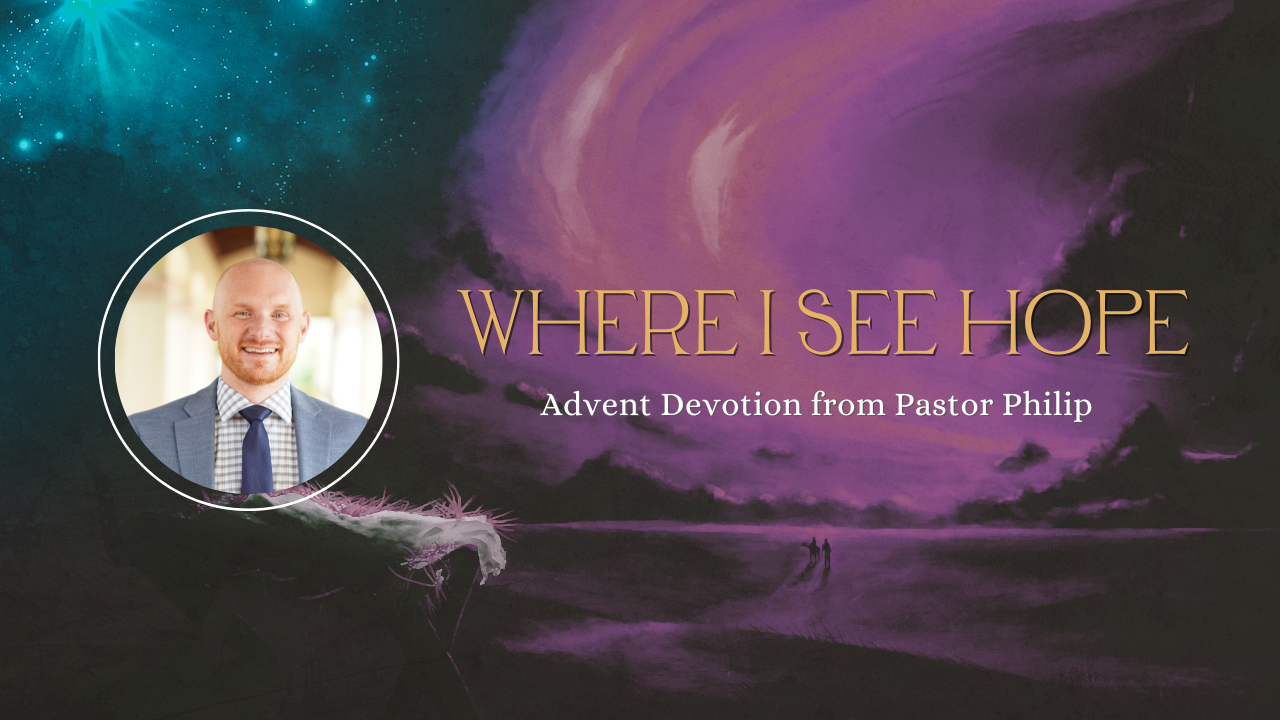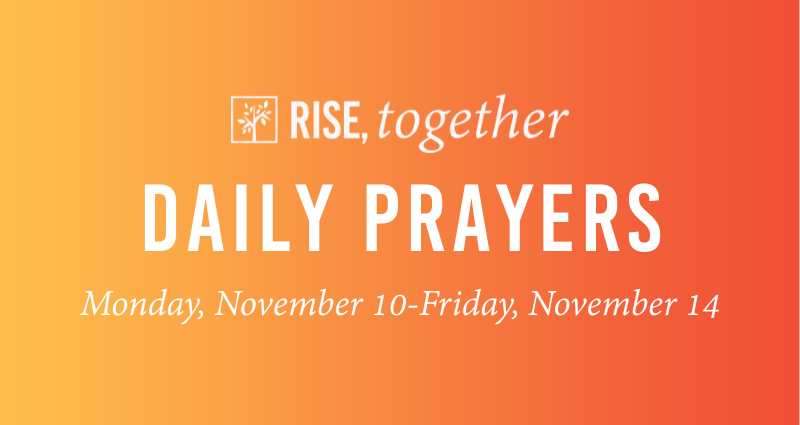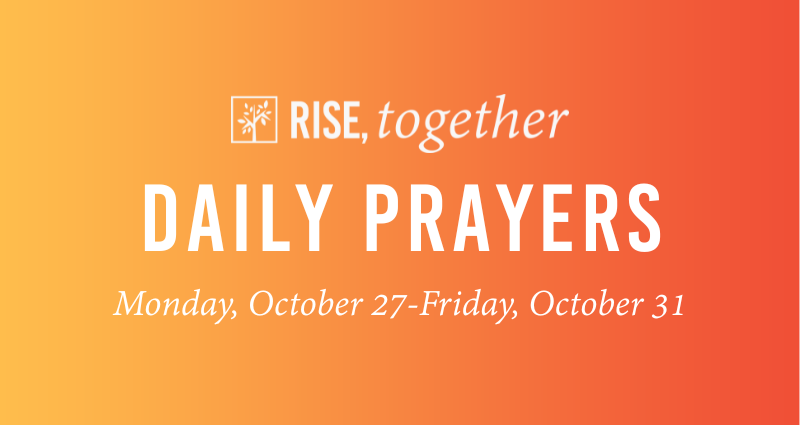Romans 4:1–5, 13–17
Romans 4 makes Paul’s argument unmistakable. Abraham was not made righteous because he performed well. He trusted God. And that trust was counted as righteousness. The promise rested on grace, not achievement.
That emphasis matters deeply for us as Wesleyans.
John Wesley insisted that grace is always first. Prevenient grace goes before us. Justifying grace reconciles us. Sanctifying grace continues to transform us. At every stage of the Christian life, grace is the foundation. We do not initiate salvation. God does.
Yet many people still live as though Jesus is keeping score.
We imagine a cosmic ledger. Good deeds on one side. Failures on the other. We hope the balance tips in our favor. It is a deeply ingrained religious instinct.
The television show The Good Place built its entire premise on that idea. (SPOILER WARNING) In the show’s fictional afterlife, every action earns positive or negative points. Buy flowers for your grandmother, you gain points. Buy the wrong tomatoes and indirectly support exploitative labor practices, you lose points. The system tracks everything.
But as the show unfolds, they discover something important. The scoring system is fundamentally flawed. Modern life is too complex. Every action is entangled in systems of harm no one fully understands. Even well-intentioned choices carry unintended consequences. No one can accumulate enough points to qualify. So, no one is being allowed into the “Good Place.” The system collapses under its own logic.
That fictional insight reflects a real theological truth. If salvation depends on moral point totals, no one stands secure. Human life is too complicated. Sin is too pervasive. Motives are too mixed.
Paul’s argument in Romans 4 dismantles that ledger approach. “To one who works, wages are owed. But to one who trusts God who justifies the ungodly, faith is counted as righteousness.” God does not operate a cosmic scoreboard. God operates through grace.
For us as Wesleyans, grace is the better way.
We are not Christians so that we can earn a place in heaven. We are Christians because Christ has already loved us. We respond to grace. We trust grace. We are transformed by grace.
And our works matter. Wesley never minimized holiness. But our obedience does not flow from fear of disqualification. It flows from love and gratitude. We serve not to secure acceptance but because we have already been embraced.
This reshapes our confession. We do not confess to adjust our score. We confess because we trust that grace is real. We name what we carry because we believe God’s mercy is deeper than our failure.
So, if you find yourself imagining a divine scoreboard, pause. That is not Paul’s gospel. That is not Wesley’s theology.
The promise rests on grace.
We live, serve, repent, forgive, and love not out of obligation, but out of thankfulness for the love of Christ. And that love is never earned. It is given.

